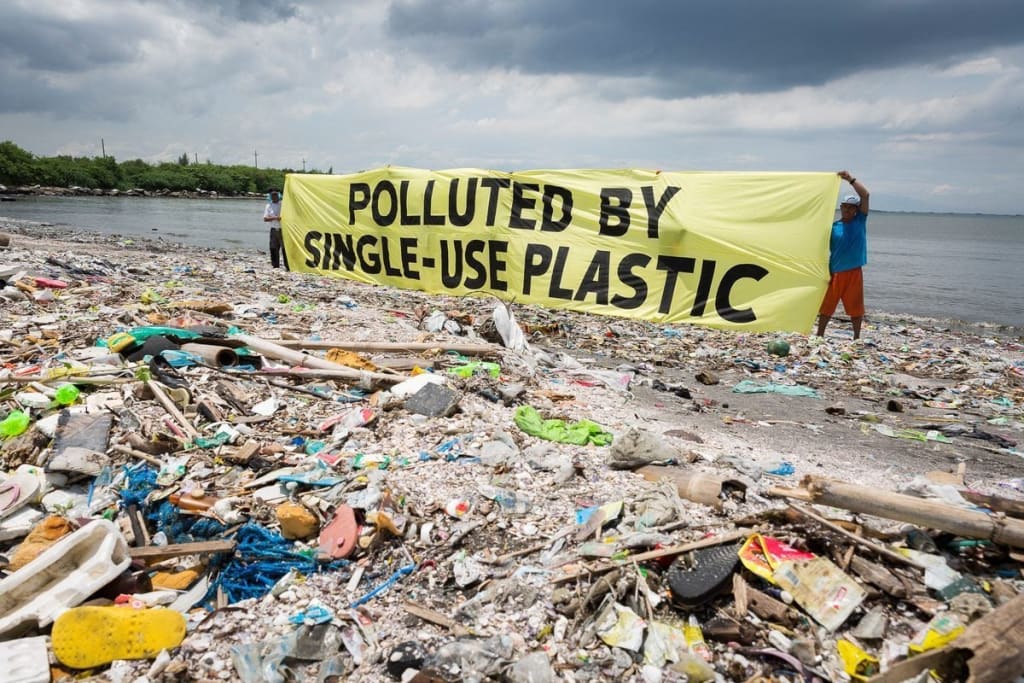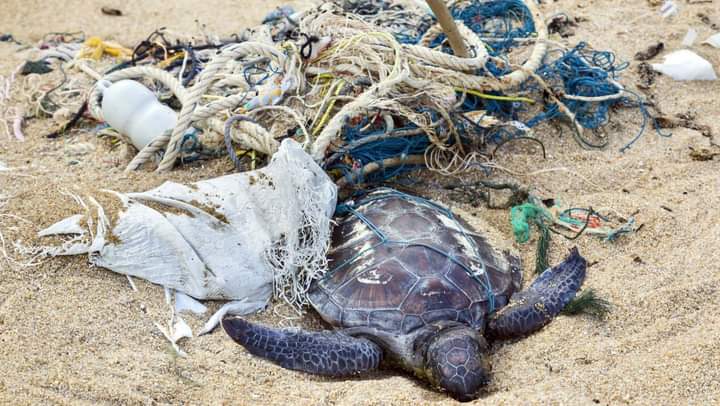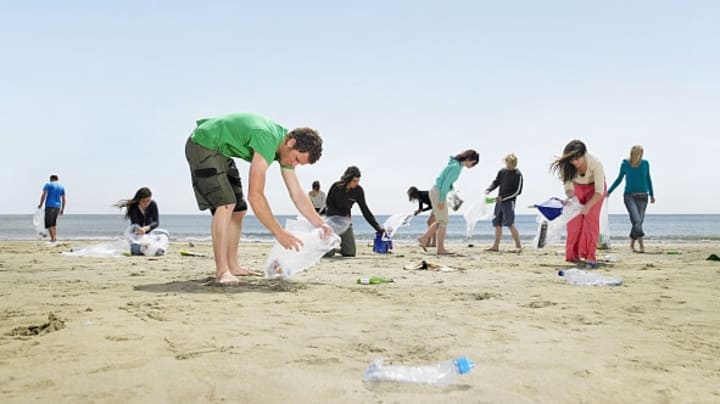
Introduction:
Plastic pollution in our oceans has become a global crisis, with millions of tons of plastic waste entering the oceans each year. This has a devastating impact on marine life and the ecosystems that depend on them. In this article, we'll explore the impact of plastic pollution on our oceans and marine life.
The Scope of the Problem:
The scale of plastic pollution in our oceans is staggering. It's estimated that there are more than 5 trillion pieces of plastic floating in our oceans. This plastic can take hundreds of years to degrade and can cause harm to marine life during that time. While it's estimated that there are more than 5 trillion pieces of plastic floating in our oceans, that number is likely an underestimate. The majority of plastic pollution in the ocean is made up of microplastics, which are pieces of plastic that are smaller than 5 millimeters in size. These microplastics can be created from the breakdown of larger plastic items, but they can also be found in personal care products like toothpaste and exfoliating scrubs.
Impact on Marine Life:
Plastic pollution has a profound impact on marine life. Marine animals such as sea turtles, whales, and seabirds can ingest plastic, mistaking it for food. This can lead to blockages in their digestive systems, malnutrition, and ultimately death. Plastic waste can also entangle marine life, causing suffocation, drowning, or severe injuries. The impact of plastic pollution on marine life is not limited to ingestion and entanglement. Recent studies have shown that exposure to microplastics can cause a range of negative effects on marine organisms, including altered behavior, reduced reproductive success, and weakened immune systems. Additionally, plastic pollution can also introduce harmful chemicals into the marine environment, as plastics can absorb and release pollutants like PCBs and DDTs.

Impact on Ecosystems:
The impact of plastic pollution goes beyond individual animals. It can have a cascading effect on entire ecosystems. For example, if a species of fish or invertebrate is impacted by plastic pollution, it can affect the entire food chain, disrupting the balance of the ecosystem. Additionally, plastic waste can damage or destroy coral reefs, which are critical habitats for many marine species. Coral reefs are not the only ecosystem impacted by plastic pollution. Plastic waste can also accumulate in coastal areas, creating what is known as "plastic islands." These areas of concentrated plastic pollution can impact the health of coastal ecosystems and the communities that rely on them. Additionally, plastic pollution can also impact the ocean's ability to absorb carbon dioxide, as plastics can decrease the amount of light that penetrates the water, reducing the ability of phytoplankton to carry out photosynthesis.
Solutions:
The good news is that there are solutions to this problem. Governments and organizations around the world are taking steps to reduce plastic pollution, including banning single-use plastics, implementing better waste management systems, and promoting education and awareness about the issue. Individuals can also take action by reducing their plastic use, properly disposing of plastic waste, and supporting businesses and products that prioritize sustainability. There are other approaches being taken to address plastic pollution. For example, some companies are developing new materials that can biodegrade in the ocean, reducing the amount of plastic waste that enters marine ecosystems. Additionally, there are efforts underway to clean up existing plastic pollution in the ocean, such as through the use of large-scale skimmers and barriers that can collect plastic waste.

Conclusion:
The impact of plastic pollution on our oceans and marine life is severe and far-reaching. But by taking action and working together, we can reduce plastic waste and protect these important ecosystems. While the problem of plastic pollution in our oceans is significant, there is hope for the future. By continuing to develop new solutions and taking action at both the individual and systemic levels, we can reduce the amount of plastic waste that enters our oceans and protect the ecosystems that depend on them. It's up to all of us to make a difference and create a more sustainable future for our planet.





Comments
There are no comments for this story
Be the first to respond and start the conversation.